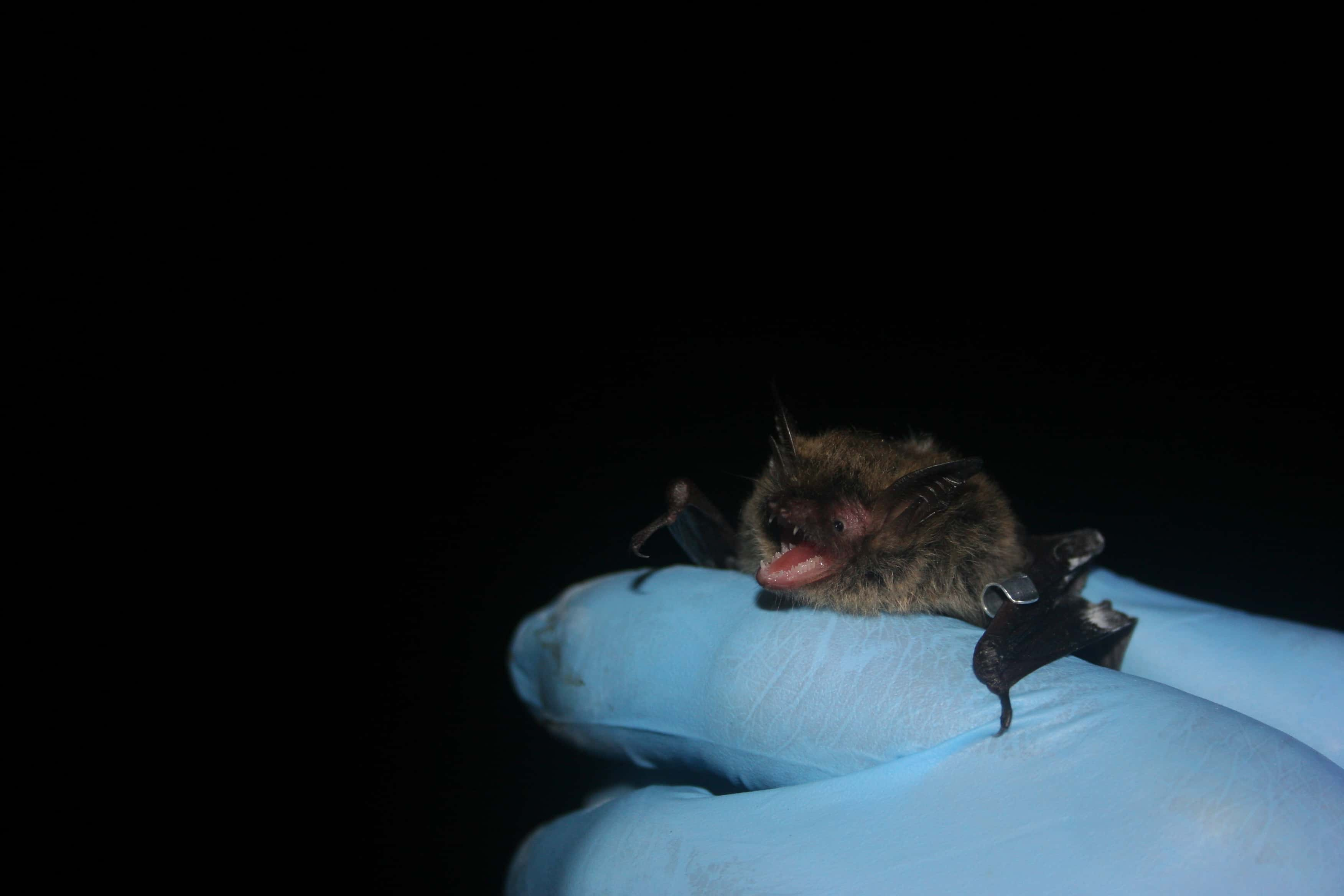
OTTAWA, IL – Health Department officials have recently received a report indicating a bat submitted from Ottawa tested positive for rabies. The LaSalle County Health Department and LaSalle County Animal Control would like to remind the public to avoid contact with bats. Bats are more active this time of year, which means the possibility of exposure to rabies is increased. In addition, warm weather makes bats more active, so contact with humans and pets is more likely. Bats are naturally active during the evening from April to mid-October. To date, in Illinois 67 bats have tested positive for rabies in 2018. Bats are the primary carriers of rabies in Illinois. You cannot tell by looking at a bat if it is rabid.
The animal does not have to be aggressive or exhibit other symptoms to have rabies. Changes in any animal’s normal behavior, such as difficulty walking or an overall appearance of illness, can be early signs of rabies. A bat that is active during the day, found on the ground and unable to fly, is likely to be rabid. Such bats should never be handled. Rabies is a virus that affects the nervous system of humans and other mammals. Humans can get rabies after being bitten by an infected animal. Rabies can also be contracted when saliva from a rabid animal gets directly into the eyes, nose, mouth or a wound. Without preventive treatment, rabies is a fatal disease . Bat bites may not be felt while sleeping, and special consideration also needs to be taken when a bat is found in a child’s room or in a disabled person’s living area. Preventive treatment with rabies immune globulin and a vaccine series must begin immediately. The following tips can help prevent the spread of rabies: Be a responsible animal owner. Keep vaccinations up-to-date for all pets (indoor/outdoor).
If a bat is in your home, do not release the bat outdoors until after speaking with animal control or public health officials. If you are able to do so without putting yourself at risk for physical (more) contact or being bitten, try to cover the bat with a large can or bucket, and close the door to the room. Seek immediate veterinary assistance if your pet is bitten by a wild animal or exposed to a bat. Do not handle, feed or attract wild animals with open garbage cans or litter. Never adopt wild animals or bring them into your home. Do not try to nurse sick wild animals to health. Call animal control or an animal rescue agency for assistance. Teach children never to handle unfamiliar animals, wild or domestic, even if they appear friendly. “Love your own, leave other animals alone” is a good principle for children to learn to reduce the risk of exposures to rabid animals. Maintain homes and other buildings so bats cannot gain entry.
For further questions and additional information, please contact the LaSalle County Health Department
at 815-433-3366 or visit our website at www.lasallecounty.org. Information about rabies activity in
Illinois can be found at http://www.dph.illinois.gov/topics-services/diseases-and-conditions/diseases-a-z-list/rabies.
On Air Now
Up Next

Weekdays 5 a.m. to 9 a.m.

Weekdays 9 a.m. to 2 p.m.

Weekdays from 2 p.m. to 7 p.m.

Weekdays 7 p.m. to 12 a.m.






